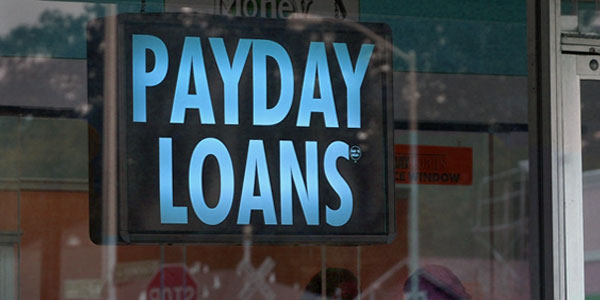Payday lending is considered as one of the creepiest borrowing choices when it comes to consumer lending. The practise mostly involves a request for post-dated checks, sky-high interest rates, and difficult-to-track lenders who reside in safe abodes (often in foreign countries like Costa Rica, Panama, and Belize) and predominantly outside the reach of the Fair Debt Collection Practices Act (FDCPA) and other US consumer protection laws.
If you take out a payday loan, you’re required to pay it back with interestaccrued within two weeks. Failing to do so will result in cashing out of the post-dated checksyou’ve provided, paying additional fees, and more in interest.
Are payday loans dischargeable in bankruptcy?
It’s a common misconception that payday loans are not dischargeable in bankruptcy. This is wrong. You can discharge payday loans in bankruptcy, yet, the procedure involves some serious complications.
The US Bankruptcy Code classifies different types of debt and treats each classification separately. For instance, if the debt is secured with any collateral, such as a home mortgage, it is classified as a ‘secured debt’. Secured debt is always given priority over other types of debtand is usually paid off by either liquidating the debtor’s assets in a Chapter 7 bankruptcy or through an affordable payment plan in Chapter 13 bankruptcy.
Unsecured debt, on the other hand, is divided into ‘priority’ and ‘non-priority’ classifications. ‘Priority’ unsecured debts arethose debts that need to be repaid ahead of ‘non-priority’ ones as per Bankruptcy Code. Examples of such debts are child supports, tax debt, wages owed to former employees, etc.
All remaining unsecured debts are classified as ‘non-priority’ - credit card debt, medical debt, deficiency debtslingering after auto possession or a foreclosure, personal loans, and payday loans.
Payday loans, like all other ‘non-priority’ unsecured debt, are completely dischargeable in bankruptcy.
Some pitfalls of discharging payday loans in bankruptcy
There are some potential hazards that payday loans associate during bankruptcyjust because of the peculiar features of payday loans: the provision of post-dated checks, quick repayment period and location of the creditors.
The location of payday lenders pose the very first challenge for any debtor in a bankruptcy. Upon filing of a bankruptcy petition, all the creditors are sent legal notices about the petition by the bankruptcy court. In order to ensure that all the lenders are duly informed about the filing by the bankruptcy court, you need to give the names and addresses of the creditors along with other information in your bankruptcy petition. If you fail to provide with the correct names and addresses of the lenders, you’ll still be harassed by the creditors even after filing for bankruptcy as they will receive no ‘Automatic Stay’ notice.
Yet, they key question remains - where are they located? If they are located on an Indian Reservation or outside United States, it will be
a) difficult to notice them until a valid address is found; and
b) even more difficult for the bankruptcy court to execute a judgment for violations of the US Bankruptcy Code.
The post-dated checks required by payday lenders also raise an issue during bankruptcy filing. Once the ‘automatic stay’ comes into effect, wage garnishments, lien perfections, repossessions, foreclosures, lawsuits and all other collection activities become forbidden. The cashing of your post-dated checks by a payday lender also violates the ‘automatic stay’. However, as told above, since it’s very difficult to determine the confusing chains of corporate proprietorship of the payday loan companies and moreover the location of the actual corporations, it’s very hard for the bankruptcy courts to penalise the payday loan companies for violations of the ‘automatic stay’.
Under the Bankruptcy Code, you are entitled to discharge your debts. However, in rare circumstances, a discharge can be denied by the bankruptcy court in case a fraud is involved or due to ‘bad faith’.









